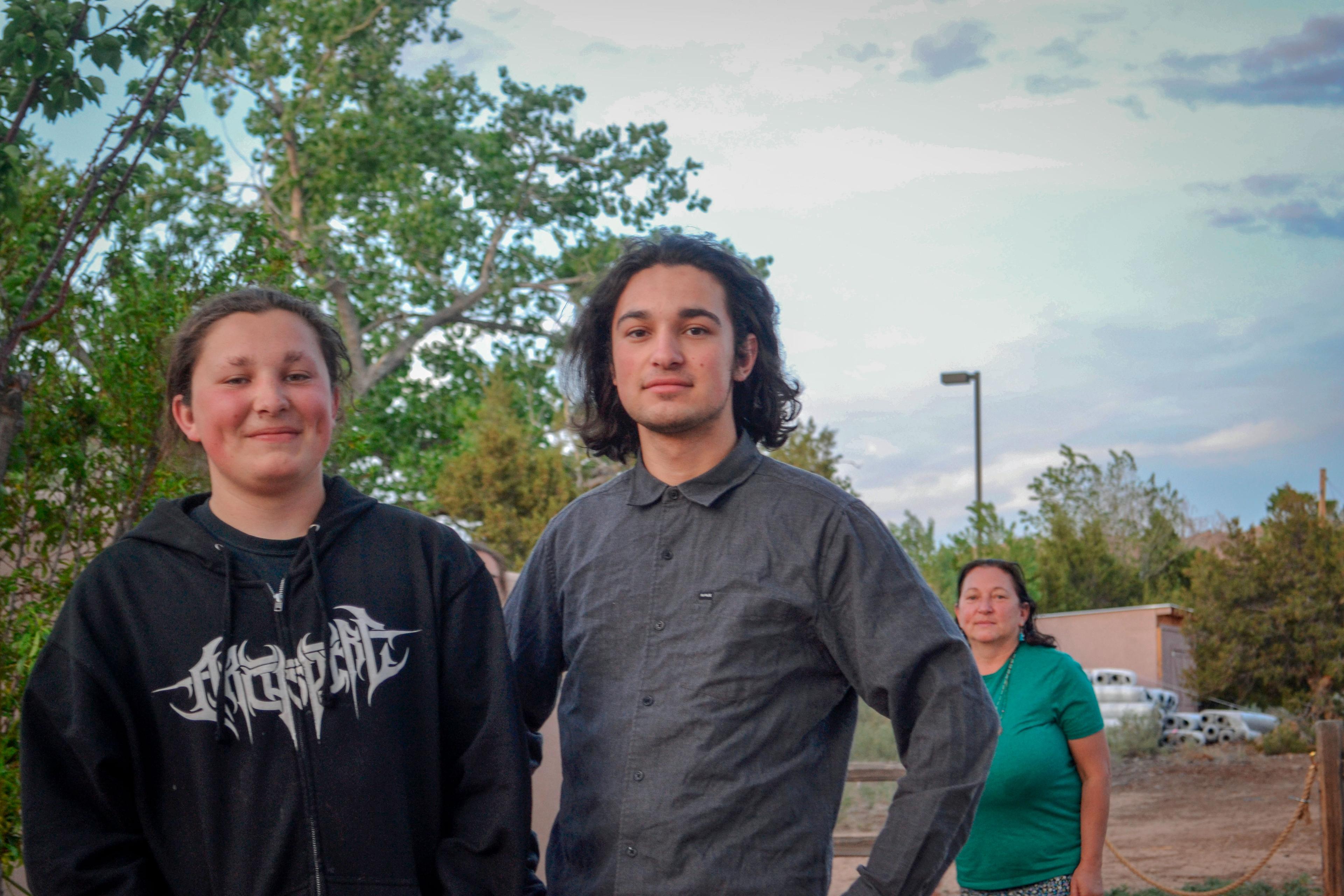

Published 1:48 p.m. | Updated 4:21 p.m.
An attorney for two Native American brothers pulled from a Colorado State University tour earlier this year asked the school for policy changes, saying Thursday that campus officers violated the teens' constitutional rights by stopping them and patting them down without any suspicion of a crime.
A letter from American Civil Liberties Union attorney Sarah Hinger demands the university revisit its campus police policies and training to avoid another "humiliating" situation similar to the April 30 encounter.
Video shows two officers stopping Thomas Kanewakeron Gray and Lloyd Skanahwati Gray and checking their pockets as they toured the school, which the brothers from New Mexico had called their top college choice.
Police said a mother on the tour had called 911, saying she was worried because the Grays were "real quiet" and wore dark clothing.
The incident was met with shock and outrage nationwide, as one of numerous examples of racial profiling to make headlines this year.
In an interview, Hinger told The Associated Press that the civil liberties organization is hopeful university President Tony Frank will heed the calls to conduct more campus police training and a review of policies dictating how officers and dispatchers respond to "bias based" reports on campus.
But the ACLU is not taking "any avenues off the table" — including possible legal action — should the university not follow through on its requests, she said.
"The Gray brothers were confronted, detained, and searched by CSU police, leaving them humiliated, scared, and literally marginalized," Hinger's letter said. "This exercise of sanctioned police power magnified and legitimized the bias of an individual and created an injury beyond what a private individual could inflict alone.
"For this reason, it is imperative to revisit both policy and training if the university hopes to prevent its police from being used as a tool of bias in the future," she wrote.
The school previously said it would refund the money that the teens spent on travel and take steps to prevent a similar situation from happening again, including the use of lanyards or badges to identify tour guests.
Frank also has decried the Grays' experience, saying they "wound up frightened and humiliated because another campus visitor was concerned about their clothes and overall demeanor — which appears to have simply been shyness."
"The very idea that someone — anyone — might 'look' like they don't belong on a CSU Admissions tour is anathema," he said in an email to students last spring.
Mike Hooker, the Director of Public Affairs and Communications for CSU, said in a statement:
CSU shares a strong commitment to creating a community in which people of all races, gender identities, orientations, cultures, religions, heritages, and appearances feel that they belong. Our sincere, shared concern about the experience of Kanewakeron Thomas and Skanahwati Lloyd have only deepened this commitment. CSU has been communicating with the ACLU over the summer about our efforts to implement well-researched recommendations that build on the longstanding work of our students, faculty, and staff in the Native American Cultural Center, Office of the Vice President for Diversity, Division of Student Affairs, Academic Affairs, Division of Enrollment and Access, and CSUPD. Some of these efforts have been in the works for some time and are fully in place, while others are still in progress. CSU has repeatedly expressed its standing invitation to the Gray family to visit our campus to discuss the progress that has been made and the ongoing work underway and we have repeatedly offered to reimburse the Grays for the cost of their trip to campus. We deeply respect their desire to ensure a more welcoming and supportive climate for Native people at Colorado State University, and our university will be better because of both their concern and that of our very engaged students, faculty, staff, and alumni. |
Editor's Note: This story was updated to include a statement from CSU.









